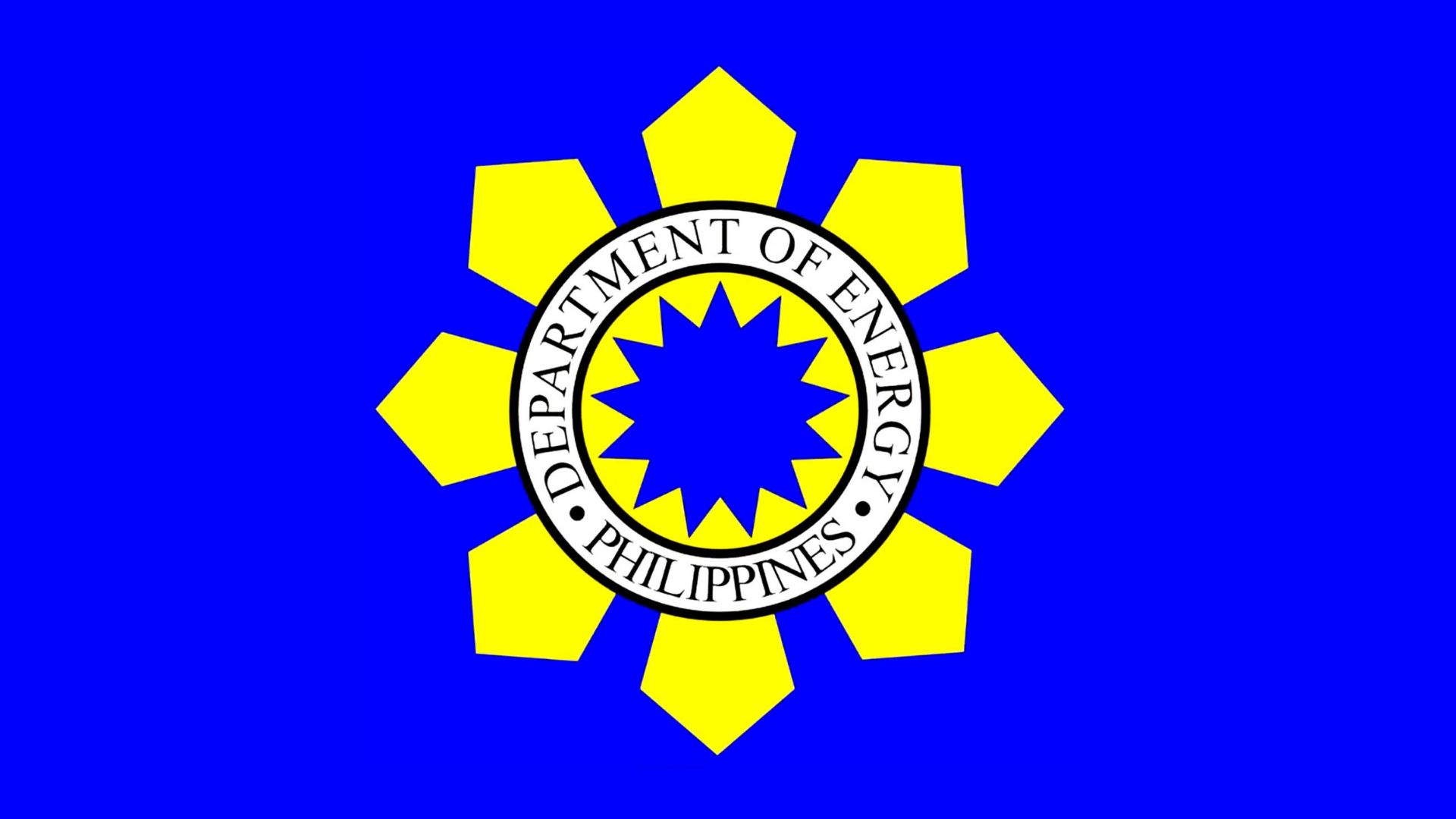DOE pushes for resilient renewable energy initiatives amid environmental challenges
- January 14, 2025
- 0

The Department of Energy has a
Concessional financing is low-interest funding provided by major financial institutions, such as development banks and multilateral funds, to support developing nations, particularly for projects that address key global challenges and generate broad benefits.
In a report by the Manila Standard, DOE Undersecretary Rowena Guevara requested support to pursue flexible financing arrangements and prolonged repayment periods for PSH, geothermal energy initiatives, and advancements in smart grid infrastructure.
Guevara stressed the importance of reducing capital costs for renewable energy developers to ensure that the shift to clean energy is just and affordable.
She added that expediting renewable energy (RE) development is one of six strategies in the government’s energy transition plan. Other strategies include building a smart and green grid, developing offshore wind ports, retiring or repurposing coal-fired power plants, promoting energy efficiency, and decarbonizing the transport sector.
The Philippines is aiming to achieve a 35% share of renewable energy in its generation mix by 2030 and 50% by 2050. To meet these targets, the country needs 52.8 gigawatts of new RE capacity over the next two decades, with investments largely coming from the private sector.
The DOE has facilitated 100% foreign ownership of RE projects since November 2022, leading to a surge in applications for service contracts. Currently, over 1,400 service contracts representing more than 150 gigawatts (GW) of renewable energy are in the pipeline.
Guevara also highlighted the challenges posed by the Philippines’ unique geographic and environmental conditions, such as typhoons, earthquakes, and volcanic activity. She noted the DOE’s efforts to build resilient infrastructure and address permitting and compliance delays that hinder RE development.
Meanwhile, the DOE is also initiating a de-risking facility for geothermal sites to encourage exploration and attract investment. Guevara acknowledged that while developers are likely to secure financial closure for their projects, ensuring affordable prices for renewable energy sources such as floating solar, offshore wind, and waste-to-energy remains a challenge.
To address this, the DOE is exploring energy transition trading to link coal plant retirement with replacement RE power at competitive prices.
Stay informed about how concession financing can make renewable energy technologies like geothermal and smart grids more accessible and cost-effective by joining the conversation on Power Philippines.